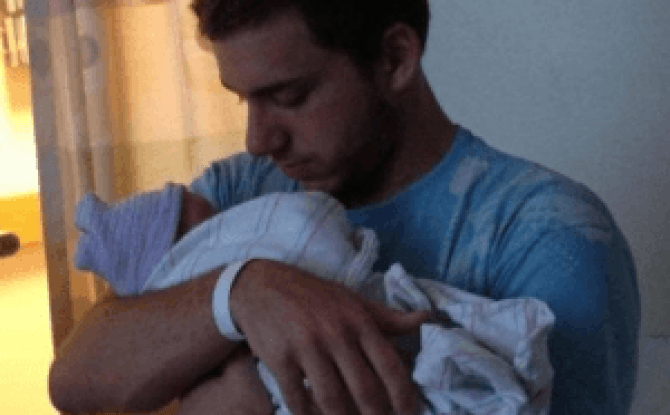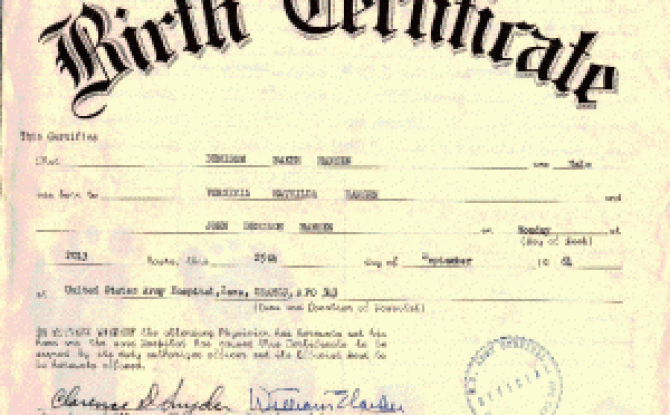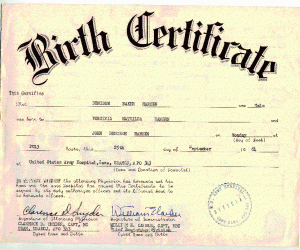 TBO.com by Elaine Silvestrini, December 14, 2015
TBO.com by Elaine Silvestrini, December 14, 2015
Is being gay, in a long-term committed relationship, the same as being biologically infertile?
That’s the argument being made by a Stetson law professor in a lawsuit against the federal government.
Joseph F. Morrissey, who teaches constitutional and business law at Stetson, is seeking to overturn a ruling by the Internal Revenue Service that denied him and his partner a tax deduction. The deduction would have been for costs associated with their use of in-vitro fertilization and a surrogate who gave birth to their twin sons.
An IRS revenue agent who denied the claim said Morrissey’s sexual orientation was a “choice,” according to the lawsuit filed in U.S. District Court in Tampa.
An IRS spokesman said the agency would have no comment on the lawsuit and wouldn’t discuss, even in general, the tax deductions involved.
Morrissey has been in a “monogamous, loving and committed relationship with his partner for 15 years,” the lawsuit says. Morrissey and his lawyers declined to discuss the case.
The partner, whose name is not given, became a Pinellas County middle school mathematics teacher after the couple moved to Florida in 2004 when Morrissey took a job at Stetson, according to the lawsuit.
The pair are now engaged to be married, after the U.S. Supreme Court struck down laws against same-sex marriage.
They have been trying since 2010 to have children, according to the suit. They initially considered adopting a child, but at the time it was still illegal in Florida for gays to adopt.
As the lawsuit notes, the adoption ban was ruled unconstitutional in late 2010, and officially repealed by the Legislature earlier this year.
The couple’s twin sons — biologically Morrissey’s — were born last year after several previous attempts failed.
“In the end, bringing twin boys into the world took nearly four years, seven IVF procedures (including those scrubbed at the last minute for failed medical exams), three surrogates, three egg donors, two clinics and more than $100,000,” the lawsuit says.
When the babies were born, Morrisey’s partner quit his job to become a stay-at-home father.
As a general rule, medical expenses are deductible only after they exceed 10 percent of the filer’s adjusted, gross income, according to Kris Siolka, spokeswoman for the National Association of Tax Professionals.
Morrissey filed for $36,538 in medical deductions on his amended federal tax return for the 2011 tax year.
While the amendment to his return was being reviewed, Morrissey wrote the IRS in 2014 arguing that the agency had allowed heterosexual couples’ deductions for fertility treatments, including the use of an egg donor.
But the IRS rejected the deductions for the costs associated with the egg donor and surrogate, writing that the medical services must be provided to the taxpayer, his spouse or dependent.
In December 2014, the IRS denied Morrissey’s appeal, the lawsuit states.
Click here to read the entire article.








 Arkansas Supreme Court Halts Birth Certificates For Same Sex Partners
Arkansas Supreme Court Halts Birth Certificates For Same Sex Partners




